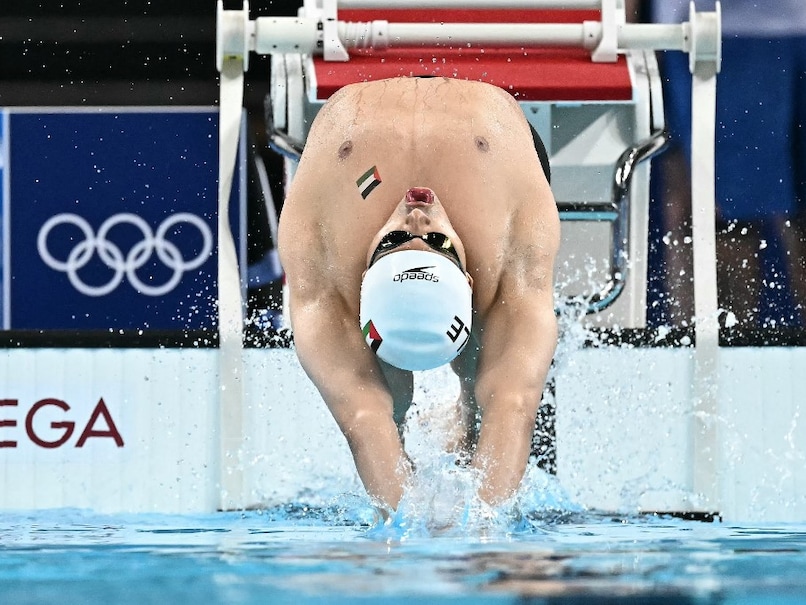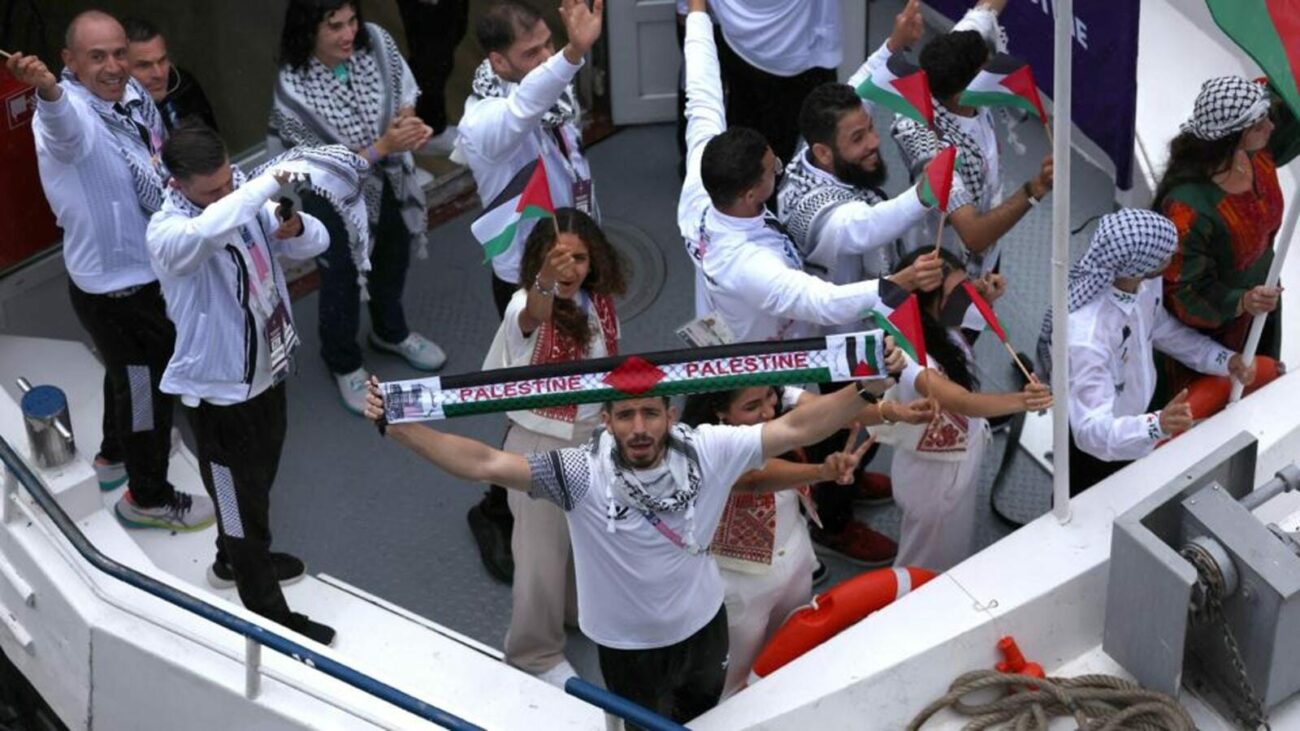Palestinian Swimmer Makes Statement at Olympics, Despite Adversity
Yazan Al Bawwab, a 24-year-old Palestinian swimmer, made a powerful statement at the Paris Games by representing his homeland, despite its lack of basic amenities like food and water. His sole Olympic race, the 100 meters backstroke, lasted less than a minute, but his presence in the water carried a profound message.
Al Bawwab, who pointed to the Palestinian flag on his chest after the race, emphasized the significance of representing a homeland that struggles for recognition. “France does not recognize Palestine. Yet here I am with a flag on my chest,” he said. “I’m very, very happy… to raise my flag, to have time just for Palestine, a lane just for Palestine. I think this is my message of peace.”
Al Bawwab’s journey to the Olympics was not without challenges. Born in Saudi Arabia to a homeless refugee father, he faced adversity from a young age. However, he drew inspiration from his father’s resilience and the struggles of Palestinians in Gaza. “I look at people like my dad who came from nothing,” he said. “I’m never complaining in the pool, I remember people in Gaza, people in Palestine that suffer properly.”
Despite the hostility he has faced from some quarters, Al Bawwab remains determined to raise awareness about the plight of Palestinians. “A lot of people don’t want us to be here. They don’t want to see the flag. They don’t want to hear my country’s name,” he said. “They don’t want me to exist. They want me to leave. But I’m here.”
Al Bawwab’s story highlights the challenges faced by Palestinian athletes, who often train in difficult conditions and risk their lives to compete. He mentioned the tragic loss of his Asian Games roommate and a young fan in Gaza, as well as the struggles of weightlifter Mohammad Hamada, who lost weight due to food shortages.
“We’re trying to educate people about how to swim and teach… but there’s a war going on,” Al Bawwab said. “What are you supposed to do when there’s a war? You can’t talk to people.”
Al Bawwab’s Olympic journey may have been brief, but his message of peace and resilience resonated far beyond the pool. He represented not only Palestine but also the countless athletes who overcome adversity to pursue their dreams.


